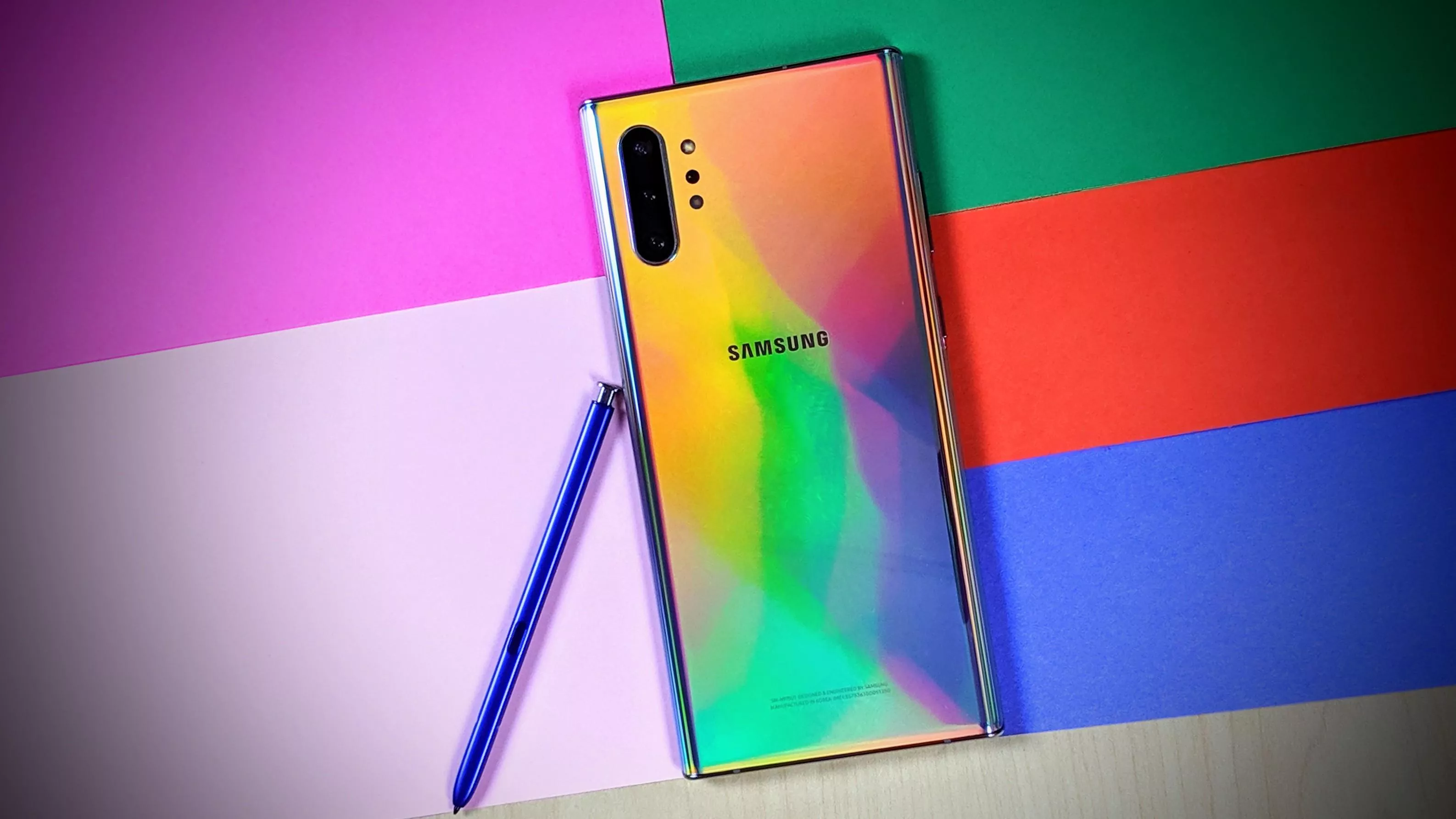Your phone battery isn't changing any time in the future

Image collected
All mobile phones -- & most personal electronics and electrical vehicles -- use lithium-ion (li-ion) rechargeable batteries. It's a hardcore slog to develop batteries that go longer, because battery technology hasn't evolved in decades. Instead, much of the recent improvement in battery lifestyle has result from power-saving features included in devices and from making the program that manages charging and discharging more efficiently, which means you sip power rather than guzzle it.
Unfortunately for cell phones, the focus on extending battery life is normally on cars, satellites as well as your home's power system, areas where professional batteries have to function far further than the two or 3 years we expect from our mobile devices.
Another force performing against our phones is definitely their battery size. In comparison to an electric car battery, a phone's power source is minute. For example, the Tesla 3's rechargeable battery includes a battery potential over 4,000 moments higher than the iPhone 11 Pro Max.
The math gets just a little complex because phone batteries are measured in milliampere-time, while electric vehicle batteries are measured in watt-hours. But it's possible to pull equivalents. For instance, the Pixel 4 includes a 2,800-mAh battery (or 10.6 Wh), and the iPhone 11 Pro Max reportedly comes with a 3,969-mAh battery (15.04 Wh). Meanwhile, the Chevy Volt uses an 18,400-Wh battery pack and a midrange Tesla Model 3 flaunts a 62,000-Wh battery.
Source: https://www.cnet.com
Tags :
Previous Story
- TCL focusing on a slide-out foldable smartphone; pictures...
- Walton to export ‘Made found in Bangladesh’ tagged...
- Top 5 agritech startup that helps you create...
- Voice over Wi-Fi now on your Nokia smartphone
- realme unveils the foremost powerful entry-level smartphone
- Tecno’s flagship killer to launch with 48MP quad-camera...
- Forget iPhone 12; 2021 iPhone shock as brand-new...
- Radical Samsung Galaxy A51 launched to destroy the...